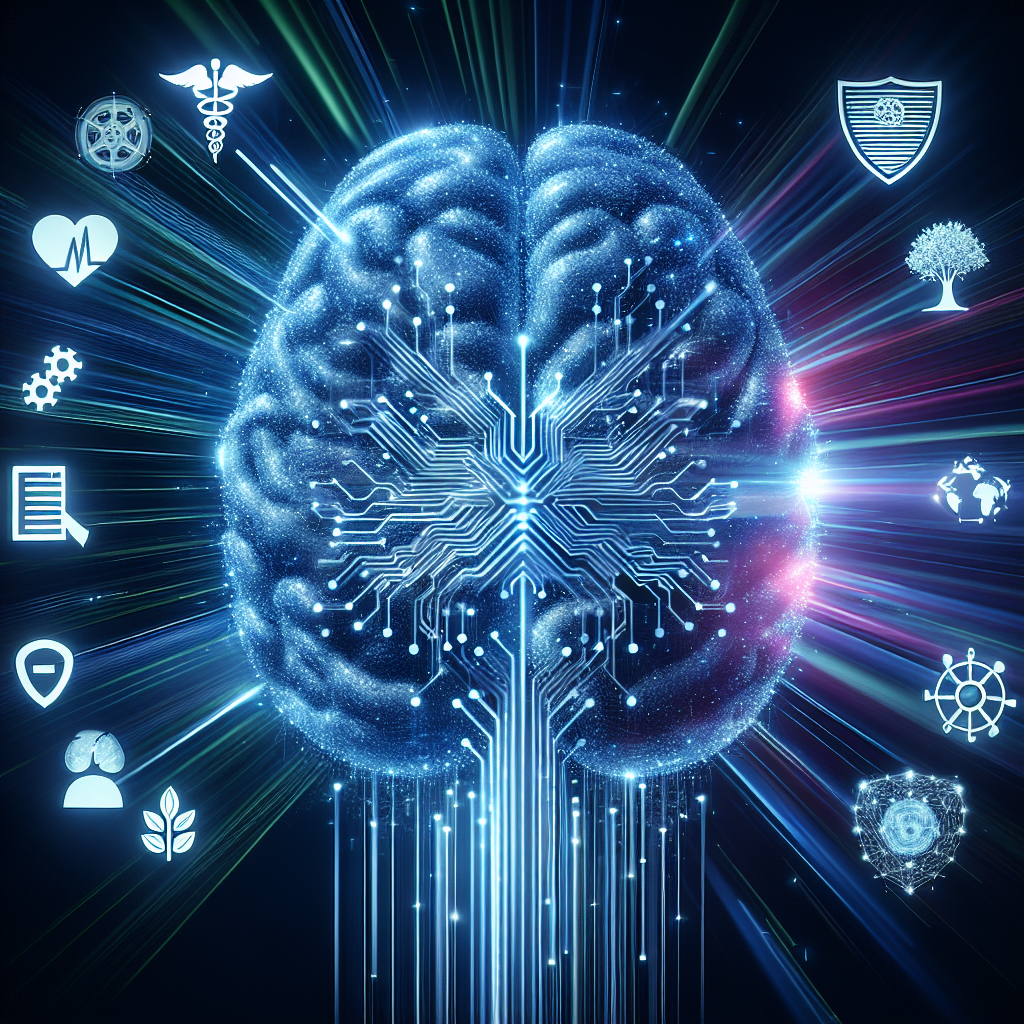Artificial intelligence (AI) is a rapidly advancing technology that is revolutionizing the way we live and work. From smart assistants like Siri and Alexa to self-driving cars and advanced medical diagnostics, AI is already having a profound impact on society. In this article, we will explore the various ways in which AI is shaping our world and the potential implications for the future.
One of the most significant impacts of AI on society is its ability to automate tasks that were once performed by humans. This has the potential to streamline processes, increase efficiency, and reduce costs in a wide range of industries. For example, AI-powered chatbots are now being used in customer service to provide instant responses to queries and resolve issues without the need for human intervention. In the healthcare sector, AI algorithms are being developed to analyze medical images and assist doctors in diagnosing diseases more accurately and quickly.
AI is also transforming the way we interact with technology. Virtual assistants like Siri and Alexa are becoming more sophisticated and intuitive, allowing us to control our devices and access information with just our voice. AI-powered recommendation systems are helping us discover new music, movies, and products that match our preferences, creating a more personalized and tailored online experience.
However, the widespread adoption of AI also raises concerns about its potential impact on jobs and the economy. As AI systems become more capable of performing complex tasks, there is a risk that many traditional jobs will be automated, leading to widespread unemployment and economic disruption. This has already been seen in industries like manufacturing and retail, where robots and automated systems are replacing human workers.
Another major concern is the ethical implications of AI, particularly in areas like data privacy, bias, and accountability. AI systems rely on vast amounts of data to learn and make decisions, raising questions about who has access to this data and how it is used. There are also concerns about bias in AI algorithms, which can perpetuate existing inequalities and discrimination if not properly addressed. Additionally, the lack of transparency and accountability in AI systems can make it difficult to determine how decisions are being made and who is responsible for any errors or harm caused.
Despite these challenges, there is also great potential for AI to benefit society in numerous ways. AI has the potential to improve healthcare outcomes, enhance education, and address global challenges like climate change and poverty. By harnessing the power of AI responsibly and ethically, we can create a more inclusive and sustainable future for all.
In conclusion, the impact of artificial intelligence on society is both profound and complex. While AI has the potential to revolutionize industries and improve our lives in countless ways, it also raises significant challenges and ethical concerns that must be addressed. As we continue to develop and deploy AI technologies, it is crucial that we prioritize transparency, accountability, and inclusivity to ensure that AI benefits society as a whole.


Leave a Reply